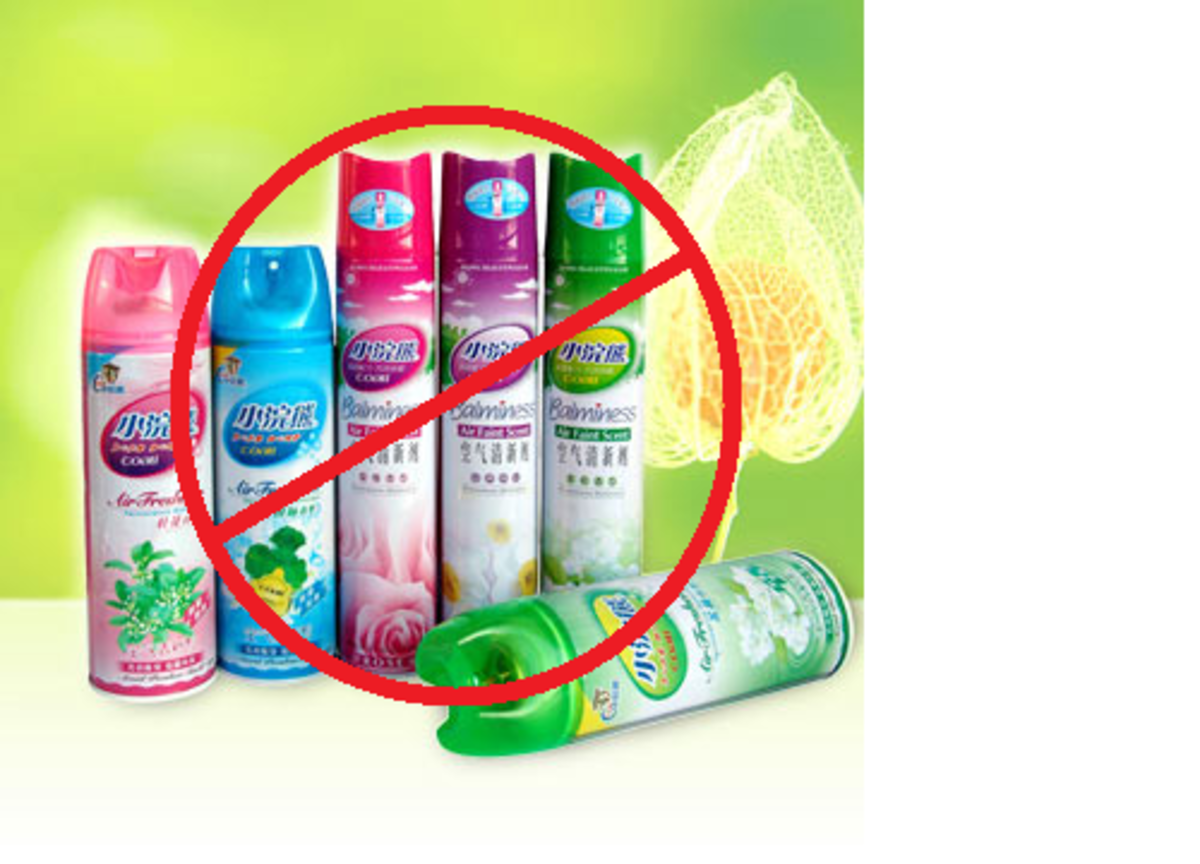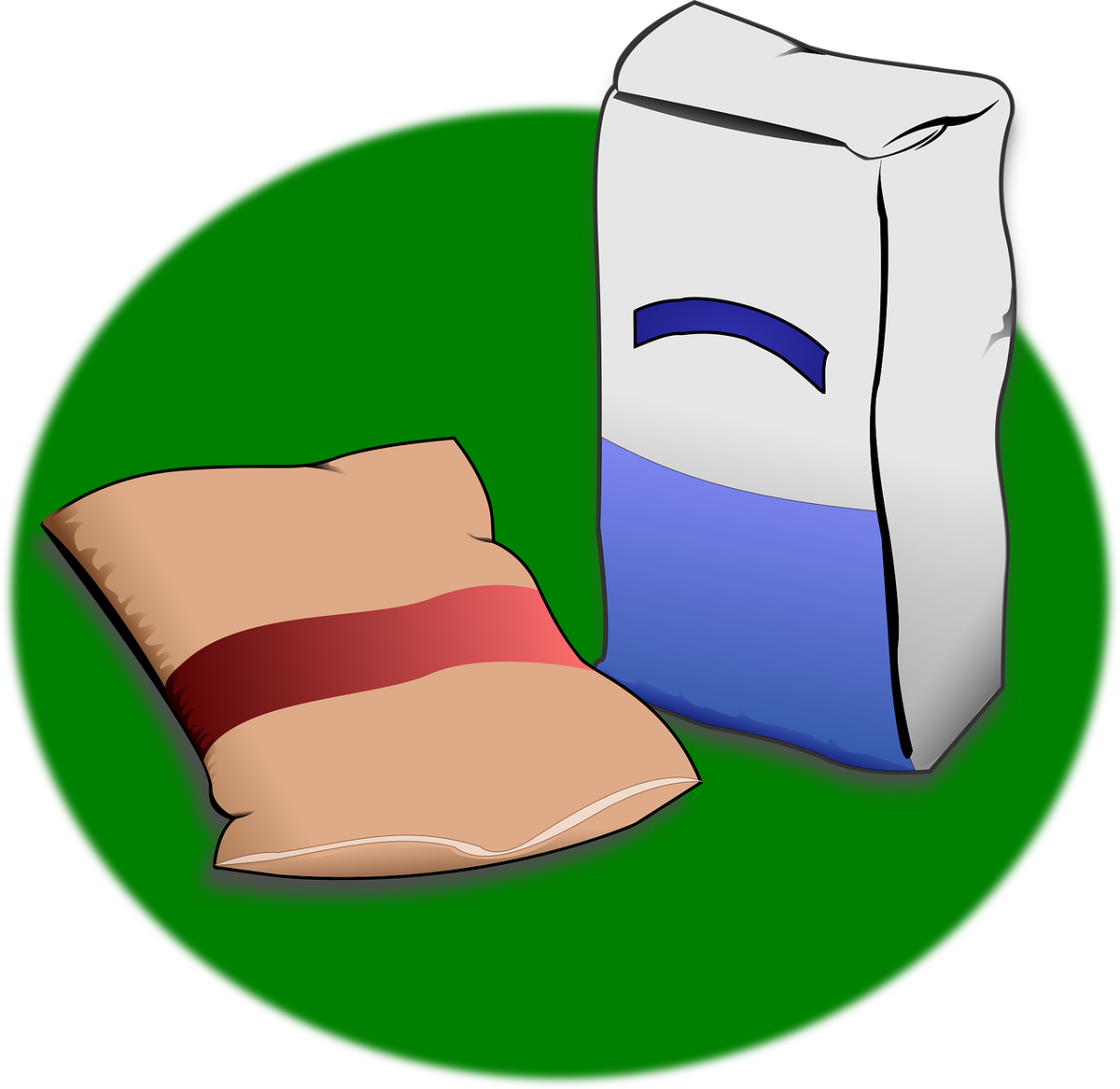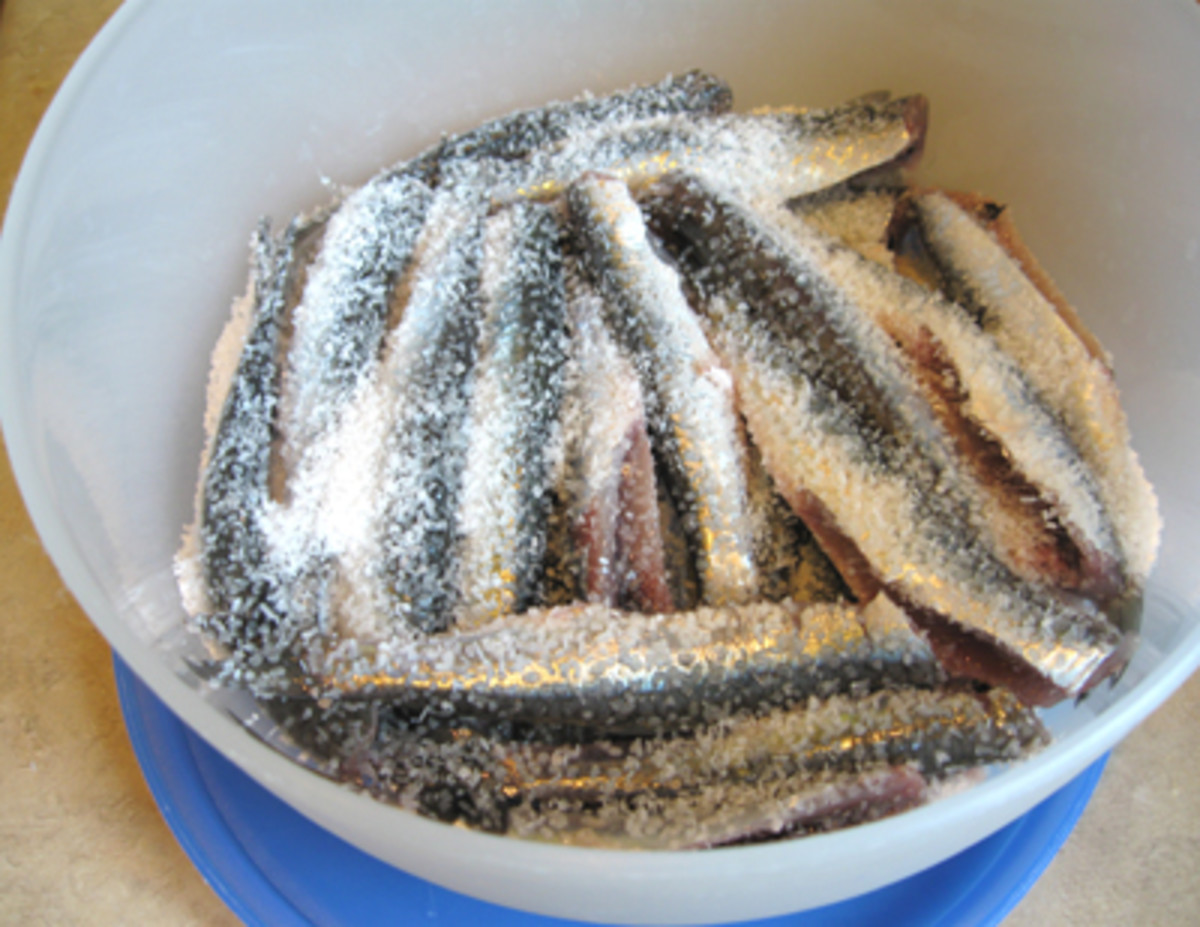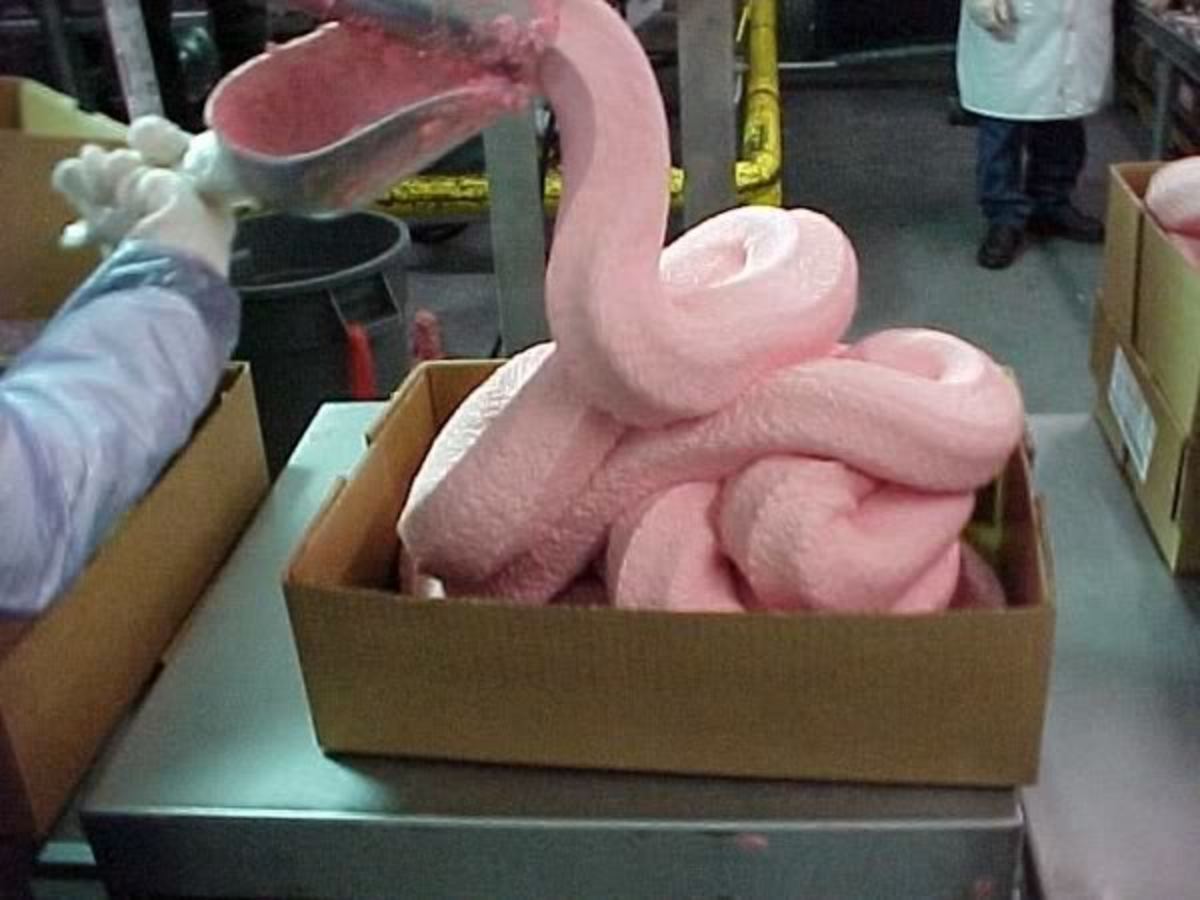What Isn't Poison?
Did you know that there is arsenic in tomatoes? Arsenic is a known poison. So does this mean that we shouldn't eat tomatoes? The answer is: it depends. How much arsenic is there in each tomato? How many tomatoes do you eat a day? How much do you weigh? Dosage could be an important issue.
Did you know that some people have a strong allergic reaction to peanuts? Some even die when they ingest minute quantities, quantities so small that ordinarily we wouldn't know they were there. Did you know that food allergies can develop over time, so that something you weren't allergic to yesterday may be highly toxic for you tomorrow? Does this mean that nobody should ever eat peanuts, because even if they are benign today, they could become deadly tomorrow? Did you know that drinking too much water can lead to water intoxication and even death? Is there nothing that is safe? If all these commonplace foods can kill, is there anything that isn't poison?
Accumulation of Arsenic in Tomatoes
All Foods Contain Chemicals
On occasion I've seen this claim made on behalf of a particular food: "Contains no Chemicals." This always makes me laugh. All foods are made up of chemicals. What else could they be made of?
What such a label is trying to suggest is that man-made chemicals are bad, and the other kind aren't really chemicals. It's true that we have to watch out for man-made toxins, but it's not because they are chemicals. It's because we seldom know exactly what the introduction of a new substance into the food we are accustomed to eating will do.
People who stick to the traditional diet of their ancestors may not know why the diet is good for them, but they rely on the experience of past generations. In a sense, those past generations were the guinea pigs who tested out the safety of the traditional diet.
In the modern world, new substances are introduced frequently, and we cannot rely on tradition to determine what is toxic and what is benign.
Variations in Sensitivity
Even with a known poison, such as arsenic, levels of sensitivity vary considerably from individual to individual. According to the Ontario factsheet linked below, sensitive individuals begin to display signs of poisoning at an oral intake of about twenty micrograms per kilogram bodyweight per day, whereas other people can ingest over 100 micrograms per kilogram of weight per day and suffer no ill effects.
You can't decide what is safe for one person based on what is safe for another. Levels of sensitivity vary not just for unsual food allergies, but even for known toxins that are generally understood to be dangerous for all.
There are genetic factors that pre-dispose some people to fare poorly with a particular kind of diet, while others might thrive eating the same foods.
Genetic Pre-Disposition to Obesity
Which brings us to the topic of carbohydrates in the diet. It is not that a diet high in carbohydrates is necessarily bad for you. Whether it is bad depends on who you are.
I knew a fellow once who seemed to live on sugar. He drank Kool Aid, ate sugary foods, and was lean as a bean post. He was highly energetic, and even when at rest, he wasn't able to keep from fidgetting. He got excited easily, and he would jump up and down every time he was making a point. His muscle to fat ratio was such that he couldn't swim, because he didn't have enough fat to keep him afloat. But he did enjoy diving!
This person was on a high carb diet, and he was just fine. But that's not most of us. Most of us do better to avoid high quantities of simple sugars, because we don't have that kind of metabolism.
There are even people who would do better to cut all sugars out of their diet. Recent evidence by Japanese researchers points to the possibility that inactivity and/or a diet rich in sugars is not the cause of obesity. Instead, some people are genetically pre-disposed to have a low metabolism -- one that does not burn much energy. These people start to gain weight when they are children and just as active as anybody else. They consume normal quantities of the average kinds of food, and they engage in normal activities and they gain weight. It is only after they become overweight that their activity level decreases.
Follow the link below to learn more about this.
Links between Type 2 Diabetes and Specific Genes
One Man's Meat is Another Man's Poison
In the comments section to my hubpages article "Which Carbohydrates do we need? (And why do we need them?)" I was surprised to find the statement that fruits contain the "highly poisonous substance" fructose. Yes, fructose is a sugar found in fruit. And it is true that people with diabetes, or those suffering from a very low metabolism, had better avoid sugars altogether. For them, fructose might as well be a poison. But it is not a poison for everybody -- at least, not in the same dosage.
All nutrients are chemicals. All nutrients are drugs, if by drugs we mean chemicals that can affect our physical and mental well-being. That's why having a controlled substances act does not make sense, and having the FDA label some foods as drugs and others as not drugs is counterproductive.
You can overdose on anything: vitamins, minerals, sugars, fats, even water. I suppose that death by fiber is also possible. You can overdo anything.
There is only one way to get the correct dosage for your particular situation: know thyself. Toxicity levels for each substance vary from individual to individual. One man's meat is another man's poison.
There is no such thing as a "safe" food. All substances we ingest have the potential to help or harm us, depending on the quantities involved, and the overall context of the individual.







